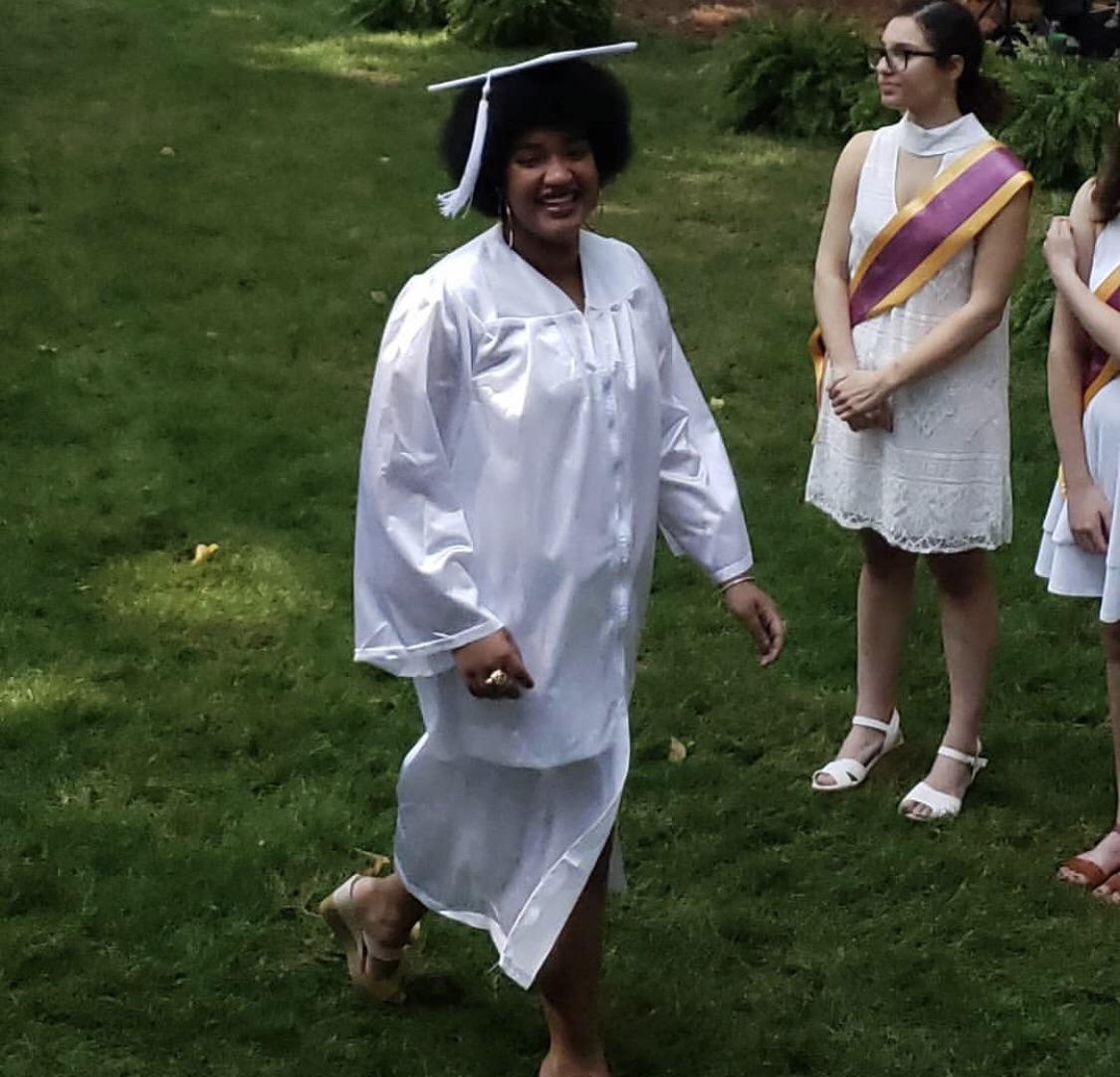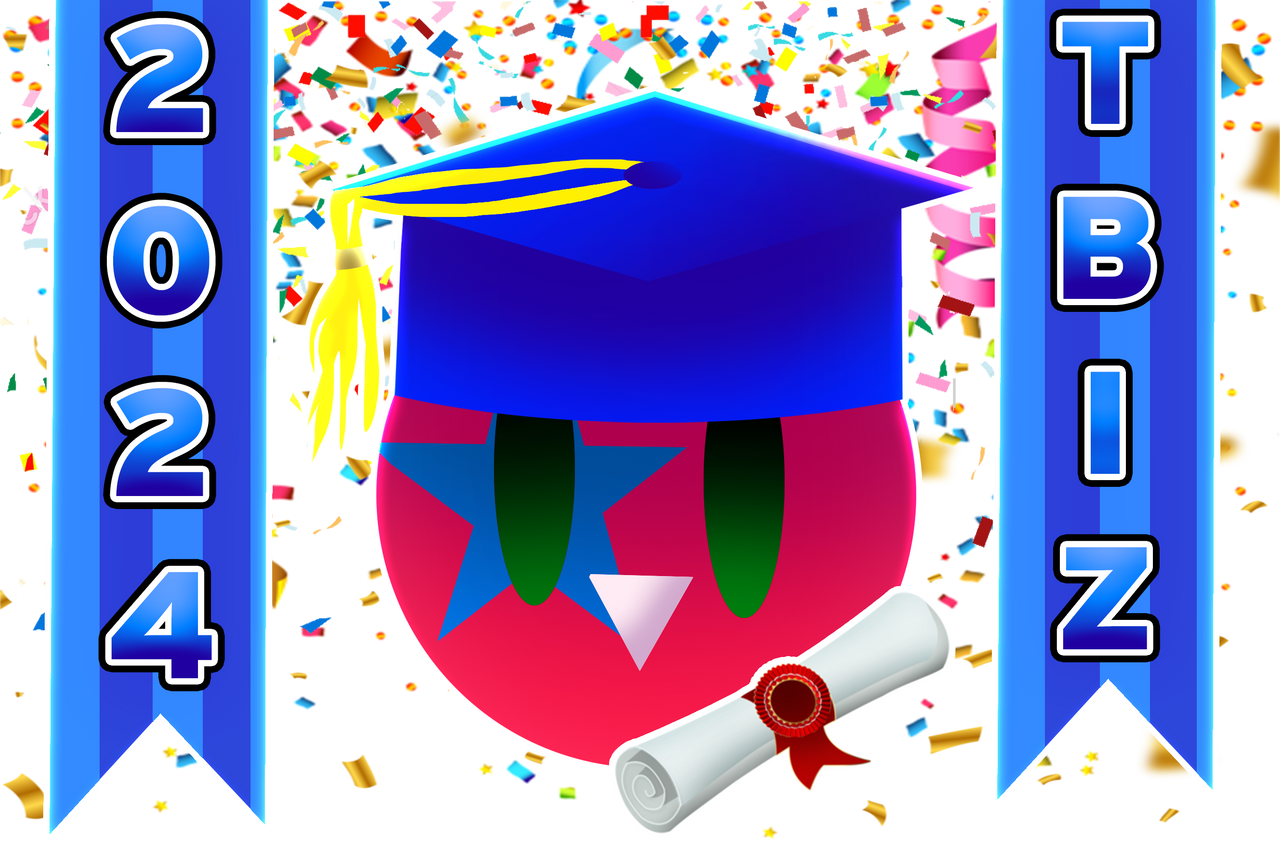Detail Author:
- Name : Jordane Jacobson
- Username : gtorphy
- Email : williamson.alexane@hotmail.com
- Birthdate : 1981-10-07
- Address : 970 Schuster Fords Misaelside, PA 07591-2028
- Phone : 1-985-903-3342
- Company : Yost LLC
- Job : Marine Cargo Inspector
- Bio : Et et voluptatem impedit consequatur soluta molestiae at. Eius eos a qui et qui blanditiis praesentium. Ut et unde et occaecati suscipit aliquid consequatur. Enim illo quaerat nihil quis impedit.
Socials
linkedin:
- url : https://linkedin.com/in/gavin5115
- username : gavin5115
- bio : Et aut rerum nihil modi.
- followers : 2700
- following : 1967
twitter:
- url : https://twitter.com/gglover
- username : gglover
- bio : Sunt quo velit atque cum illo eos explicabo. Quaerat quaerat non iusto et debitis. Maxime reiciendis nulla sunt. Cum doloribus ad exercitationem.
- followers : 487
- following : 2760
It can feel a bit startling, can't it, to hear about someone who has just finished high school but still struggles with reading? We often picture a high school completion as a sure sign of certain basic skills, like being able to read and write well enough to handle everyday life. This idea of finishing school, or "graduating," usually means a person has moved through different levels of learning, gaining new abilities along the way.
But what does it really mean to be "graduated" from a school, especially when a core skill like reading is not quite there? The word "graduated" often points to something that has divisions, like a ruler or a thermometer, showing steps or levels. In school, it suggests a path where learning gets a little harder as you go, with each step building on the one before it. So, you know, if someone reaches the end of that path without picking up a truly fundamental ability, it makes us wonder about the path itself.
This situation brings up a lot of thoughts about what school is for, and what it truly means to earn that paper saying you've finished. It's a bit like someone saying they've completed a cooking class, yet they still can't quite tell the difference between salt and sugar. The formal step of getting a diploma is meant to show a certain level of achievement, a kind of stamp of approval that you possess particular skills. When that doesn't quite match up with what someone can actually do, it opens up some important talks about how we support young people in their learning.
Table of Contents
- What Does "Graduated" Really Mean in School?
- How Can Someone Be Graduated from High School and Not Read?
- The Gap Between Formal Achievement and Practical Skill: When Graduated from High School Can't Read
- What Are the Everyday Effects for Someone Graduated from High School Can't Read?
- Supporting Those Who Have Graduated from High School and Can't Read
- What Can We Do to Help People Who Have Graduated from High School and Can't Read?
- The Community's Role in Helping Those Who Have Graduated from High School and Can't Read
- Looking Ahead for People Who Have Graduated from High School and Can't Read
What Does "Graduated" Really Mean in School?
When we talk about someone being "graduated" from high school, we are, in a way, talking about a process of moving through steps. Think about a measuring cup, it has marks that show different amounts, or degrees. Similarly, school learning is set up in degrees of difficulty, with books and lessons that get a bit harder as students move from one year to the next. So, you know, the idea is that a person advances through these levels, gaining more complex abilities as they go.
The definitions of "graduated" often speak of "advancing to a new level of skill, achievement, or activity." For instance, after some time learning to swim, someone might "graduate" to doing more complex water movements. In the same way, finishing high school means a person has, supposedly, moved up to a new level of academic skill. It means they have completed a course of study, and that they have received a paper, a diploma, showing this completion. This paper, in essence, says they are ready for what comes next, whether that is more schooling or a job.
It's pretty clear that a big part of this advancement, this moving to a new level, relies on reading. Reading is the basic tool for nearly all learning past the very first steps. If someone is given a diploma, it suggests they have successfully completed the courses. But if those courses required reading, and the person can't read well, it creates a bit of a puzzle. How does one successfully complete a course that needs reading without that skill? It seems, you know, like a very important question to consider.
How Can Someone Be Graduated from High School and Not Read?
It can feel a little confusing, right, to think about how someone might finish high school without being able to read. We picture school as a place where reading is taught from the very beginning, and that it builds up over the years. Yet, it happens. One reason could be that school systems, in some respects, have many different paths to getting that diploma. Some students might have learning differences that were not fully supported or even found out early enough. Others might have missed a lot of school for various reasons, making it hard to keep up with reading lessons.
Sometimes, the way schools measure progress might focus on other things besides true reading ability. A student might be able to get by with help from others, or by remembering things they hear, or even by using computer tools that read text aloud. So, you know, they might pass tests or complete assignments without actually reading the words themselves. The system, in a way, might not always catch every gap in a student's basic skills, especially if they are good at finding ways to manage.
There are also situations where students come to high school with already significant gaps in their early reading. If these gaps are not addressed quickly and directly, they can grow larger over time. It's like trying to build a tall building on a shaky base; it might stand for a bit, but it won't be truly strong. When a person is "graduated" from high school, it's supposed to mean they have a solid foundation, but for some, that foundation, particularly in reading, might be missing a few very important pieces. This is a very real challenge for people who are graduated from high school and can't read.
The Gap Between Formal Achievement and Practical Skill: When Graduated from High School Can't Read
There is, you know, a pretty big difference between getting a piece of paper that says you finished something and actually having the skills that paper is supposed to represent. When someone "graduates" from high school, it means they have been granted a diploma, a formal recognition of completing a course of study. This paper is meant to be a kind of proof that they possess certain abilities needed for life after school. But if someone has graduated from high school and can't read, that proof seems to miss a very important point.
Reading is, in fact, a skill that touches almost every part of daily life. From understanding job applications to reading signs on the road, or even just looking at the ingredients on a food package, reading is everywhere. So, you know, if someone has a diploma but struggles with these basic tasks, the formal achievement doesn't quite match up with their practical ability. It's a bit like having a driver's license but not truly knowing how to drive safely; the formal step has been completed, but the real-world skill is not there.
This disconnect can lead to many difficulties for the person involved. It can affect their chances of finding a good job, their ability to take care of their health, and even their feeling of being part of the community. The idea of "graduated" also means to advance to a new level of activity. For someone who has graduated from high school and can't read, that next level of activity becomes much harder to reach. They might feel, you know, a bit left out or held back by this missing skill.
What Are the Everyday Effects for Someone Graduated from High School Can't Read?
The everyday effects for a person who has graduated from high school and can't read are, in fact, quite significant. Imagine trying to get around in the world without being able to make sense of written words. Simple tasks become very hard. For instance, reading instructions on a medicine bottle could be a big problem, potentially putting their health at risk. Or, you know, trying to fill out a form for a job or for housing becomes a huge hurdle. These are things many of us take for granted.
Finding and keeping a job can be especially tough. Most jobs, even those that seem simple, require some level of reading, whether it's understanding a work schedule, safety rules, or messages from a boss. If someone can't read, their choices for work become very limited, often to jobs that pay less and offer little chance to move up. This can lead to financial struggles and a feeling of being stuck, which is, you know, pretty disheartening.
Beyond work, there are social effects too. Reading is often a way we connect with the world and with others. Think about reading news, or books for fun, or even just social media posts. If someone can't do these things, they might feel a bit cut off from conversations and information. This can affect their confidence and their ability to fully participate in their community. It's a very real challenge, that, and it impacts many parts of a person's life.
Supporting Those Who Have Graduated from High School and Can't Read
Supporting people who have graduated from high school and can't read is, you know, a very important step. It's not about blame; it's about helping someone gain a skill that opens up many doors. The first thing we can do is make sure they know that help is available and that it's okay to ask for it. There are often adult education centers or community groups that offer free or low-cost reading programs. These places provide a safe and welcoming spot for people to learn at their own pace, without feeling judged.
These programs often use different ways of teaching, recognizing that everyone learns a bit differently. They might use one-on-one help, or small groups, or even computer-based tools that make learning more engaging. The goal is to build reading skills from the ground up, starting with the very basics, and then slowly moving to more complex texts. It's a bit like learning to walk again, you know, you start with small steps and build up strength.
It's also about building confidence. For someone who has managed to get through high school without reading well, they might feel a sense of shame or embarrassment. Helping them see that learning is a lifelong process, and that it's never too late to pick up a new skill, is very important. This support can come from family, friends, or even local libraries that offer special programs. The aim is to give them the tools and the belief in themselves to take on this new challenge.
What Can We Do to Help People Who Have Graduated from High School and Can't Read?
To really help people who have graduated from high school and can't read, we need to think about a few different things. First, it's about early detection and support within schools. If we can spot reading difficulties much earlier, perhaps even in younger grades, we can provide extra help then. This would mean fewer students reaching the end of high school with this significant skill gap. It's a bit like fixing a small crack in a wall before it becomes a very big problem, you know.
Next, we can make sure that adult learning programs are well-known and easy to get to. Many people might not even know these resources exist, or they might not feel comfortable asking for help. Making these programs more visible and creating a welcoming atmosphere is very important. This could mean advertising them in places where adults gather, like community centers or job training sites. We want to make it as simple as possible for someone to find the support they need.
Also, we can encourage a culture where reading is valued and supported at every age. This means having books and reading materials that are interesting and relevant to adults, not just children. It also means, perhaps, having more community reading groups or even just encouraging friends and family to read together. The more we make reading a natural and enjoyable part of life, the more likely it is that people will want to improve their skills. It's a pretty big effort, but it's one that can truly change lives.
The Community's Role in Helping Those Who Have Graduated from High School and Can't Read
The community has, you know, a very important part to play in helping those who have graduated from high school and can't read. It's not just up to schools or individual families. Local libraries, for example, can be amazing resources. They often have programs for adult literacy, and they can provide a quiet, welcoming place for people to practice reading. They might even have volunteers who can offer one-on-one support, which can be incredibly helpful for someone just starting out.
Local businesses can also get involved. They might offer flexible work schedules for employees who want to attend reading classes, or even provide incentives for improving literacy skills. Some businesses might even partner with adult education centers to create training programs that include reading support. This helps not only the individual but also creates a more skilled workforce, which is, you know, good for everyone.
Community groups and non-profit organizations can raise awareness about the issue and help connect people with the right resources. They can host events, share information, and create a supportive network. When a whole community comes together to say that reading matters, and that help is available, it makes a big difference. It shows people who are struggling that they are not alone and that there is a path forward. This collective effort is, frankly, very powerful.
Looking Ahead for People Who Have Graduated from High School and Can't Read
Looking ahead for people who have graduated from high school and can't read involves a focus on practical, ongoing support. It's not about a quick fix; it's about building skills over time. The goal is to help them advance to a new level of skill, as the idea of "graduated" suggests, but this time, it's about true reading ability. This means providing learning opportunities that are flexible and fit into their lives, whether they are working or have family duties. It's about meeting them where they are, you know, and helping them move forward.
We also need to think about how society can be more understanding and helpful. This means making sure that forms and information are available in simpler language, or that there are people available to help read things aloud. It's about creating a world where not being able to read doesn't completely block someone from living a full life. This kind of thoughtful approach can make a very big difference for people who are, perhaps, feeling a bit lost or frustrated.
Ultimately, the aim is to ensure that everyone, no matter their age or past school experience, has the chance to gain this very important skill. When someone successfully learns to read later in life, it's a huge achievement, a real personal graduation to a new level of independence and opportunity. It shows that learning is always possible, and that with the right support, anyone can, you know, truly move forward. This ongoing commitment to literacy benefits us all, creating a more capable and connected community.


